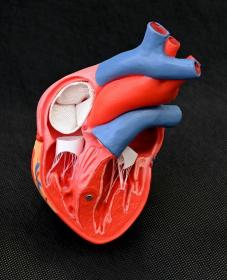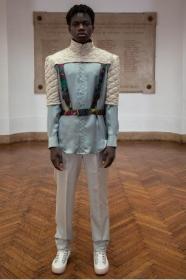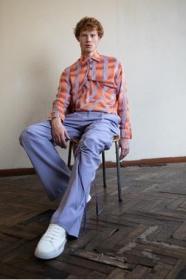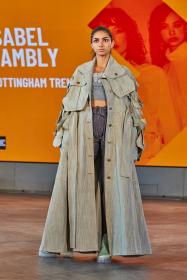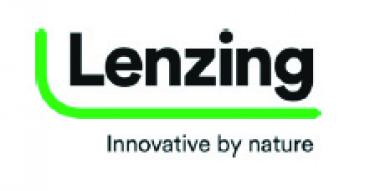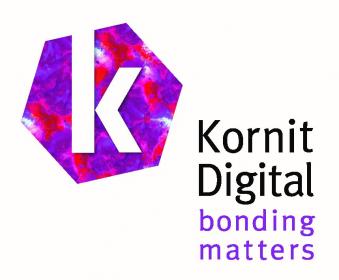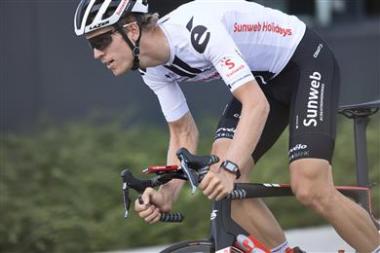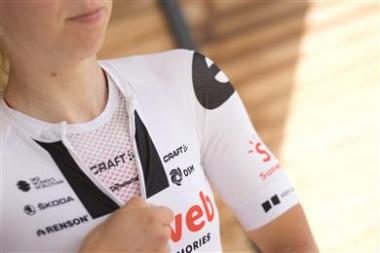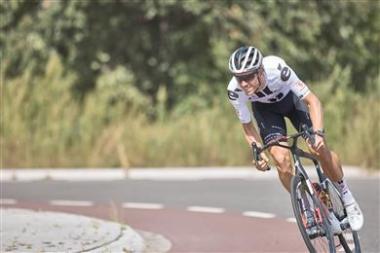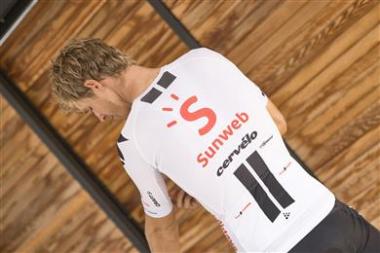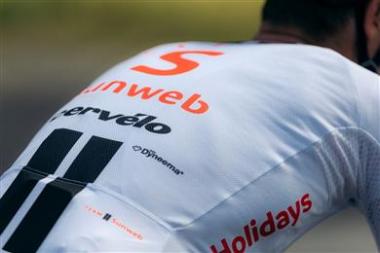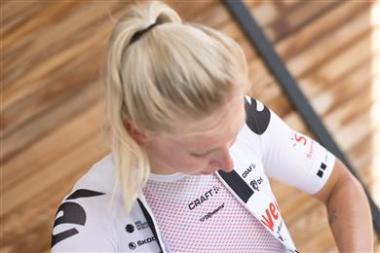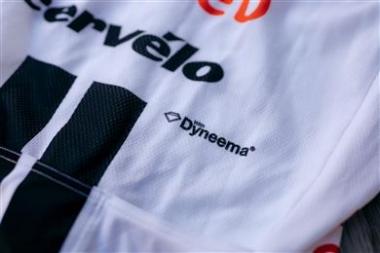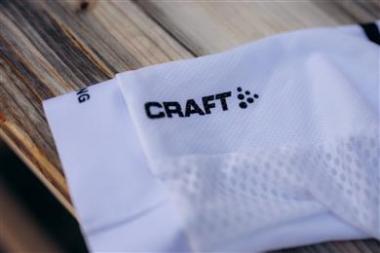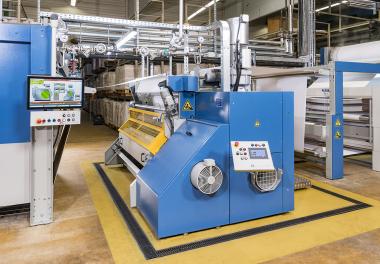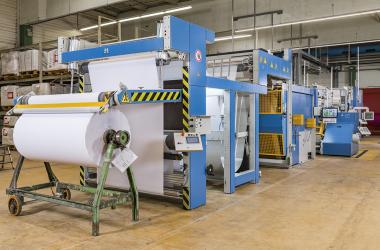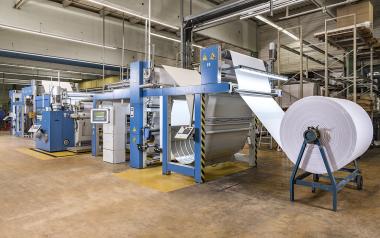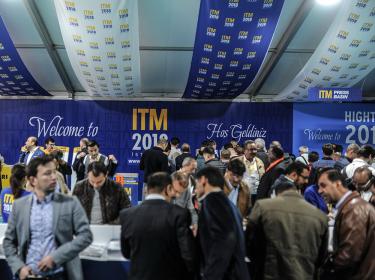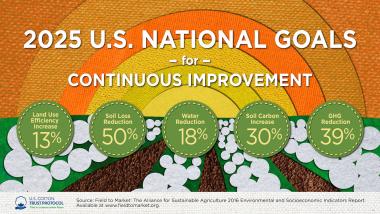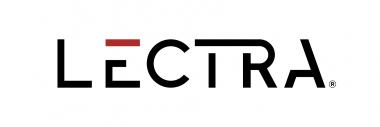ITM-Wissenschaftler für Otto von Guericke-Preis der AiF 2020 nominiert
- Maßgeschneiderte integral gefertigte Implantate mittels einer neuartigen Webtechnologie
Das Wissenschaftler-Team Ronny Brünler und Phillip Schegner vom Institut für Textilmaschinen und Textile Hochleistungswerkstofftechnik (ITM) der TU Dresden wurde für ihre Entwicklungen, die maßgeblich in dem IGF-Forschungsvorhaben 19922 BR umgesetzt worden sind, für den diesjährigen Otto von Guericke-Preis der AiF nominiert.
Prof. Chokri Cherif, Institutsdirektor des ITM freut sich mit seinem Team sehr über die kontinuierlichen Forschungserfolge, die am ITM in zahlreichen interdisziplinären und branchenübergreifenden Forschungsvorhaben für insbesondere biomedizinische Anwendungen erzielt werden. „Nachdem wir bereits 2015 mit dem Otto von Guericke-Preis ausgezeichnet worden sind, ist die erneute Nominierung für diesen hochkarätigen Preis eine besondere Würdigung und gleichzeitig auch weiterer Ansporn für die Umsetzung unserer Forschungsergebnisse in die Industrie.“
In dem nominierten IGF-Forschungsvorhaben wurde die Entwicklung neuartiger textiler Herzklappenprothesen, die exakt an die anatomische Form angepasst und minimalinvasiv im Herz platzierbar sind, exzellent umgesetzt.
Für die Behandlung defekter Herzklappen stehen mechanische und biologische Klappen zur Verfügung. Die neuartigen gewebten Herzklappenprothesen sollen die Vorteile der beiden Herzklappentypen vereinen: unbegrenzte Lebensdauer, keine lebenslangen Einnahmen von Antikoagulationsmedikamenten und minimal invasive Operation. Ferner können die textilen Herzklappen zeit- und kostensparend mit hoher Reproduzierbarkeit und Qualität gefertigt werden. Mit Computertomographie-Daten wird ein 3D-Modell generiert, das in mehreren Schritten weiterentwickelt und als maschinenlesbarer Code in eine konventionelle Webmaschine übertragen wird. Somit wird eine reproduzierbare, kostengünstige Herstellung von neuartigen textilen, nahtlosen Schlauchstrukturen mit definierter Ventilfunktion mit gleichzeitig hoher Produktsicherheit realisiert.
Das überzeugte die Jury des Wissenschaftlichen Rates der Arbeitsgemeinschaft industrieller Forschungsvereinigungen (AiF), die das erfolgreiche Projekt in die Finalrunde um das "IGF-Projekt des Jahres 2020" wählte.
Das IGF-Vorhaben 19922 BR der Forschungsvereinigung Forschungskuratorium Textil e.V. wurde über die AiF im Rahmen des Programms zur Förderung der industriellen Gemeinschaftsforschung und -entwicklung (IGF) vom Bundesministerium für Wirtschaft und Energie aufgrund eines Beschlusses des Deutschen Bundestages gefördert.
ITM / TU Dresden


